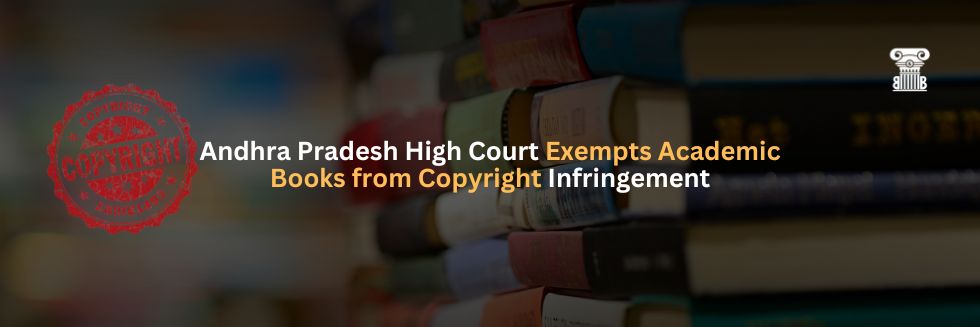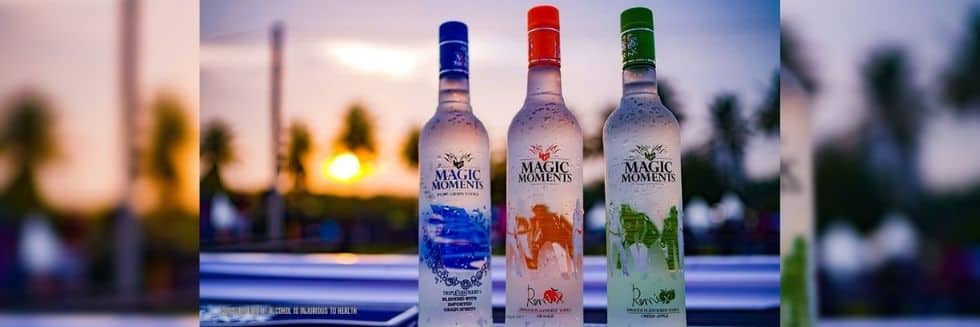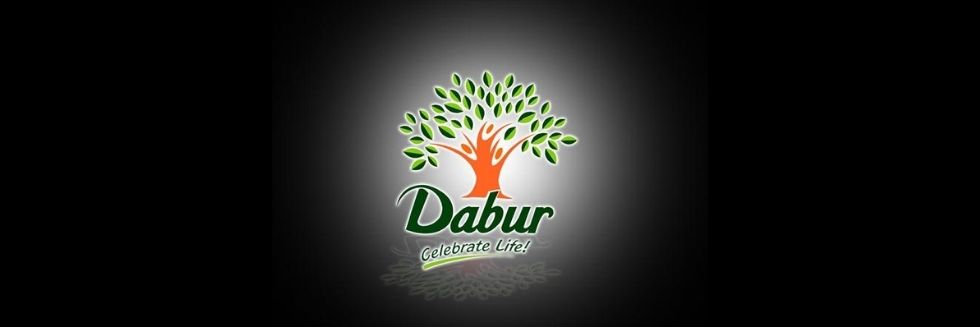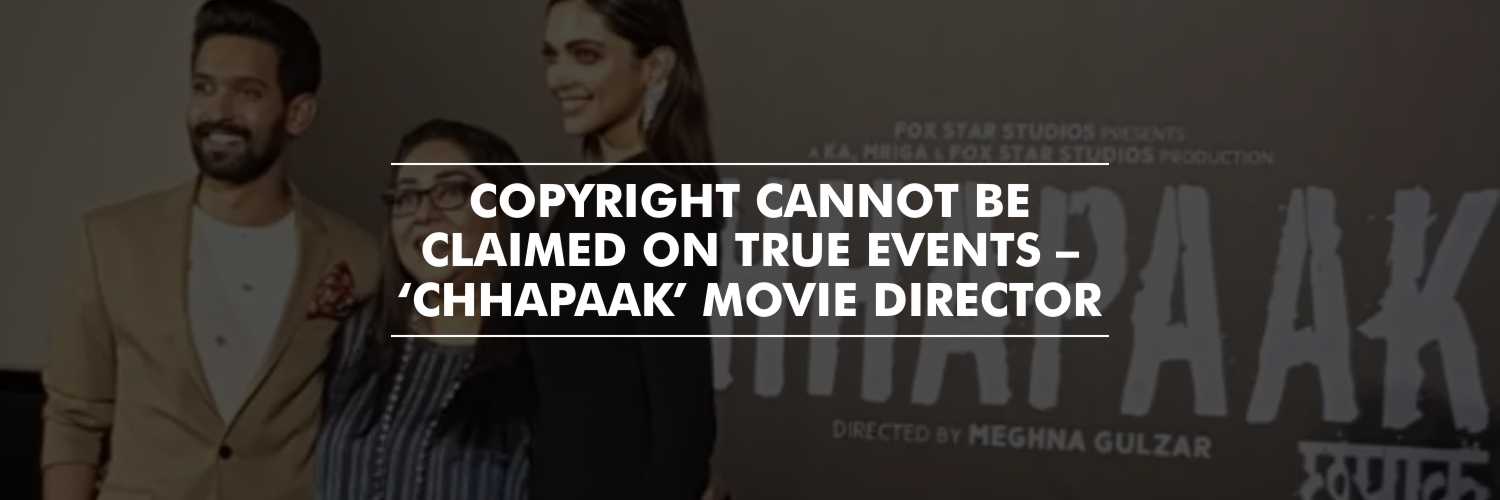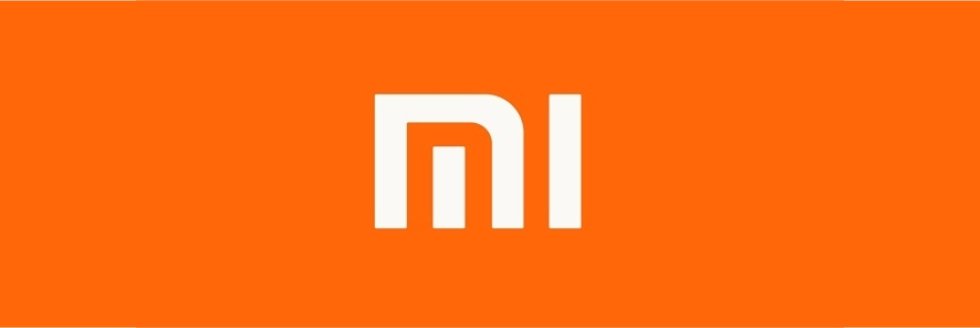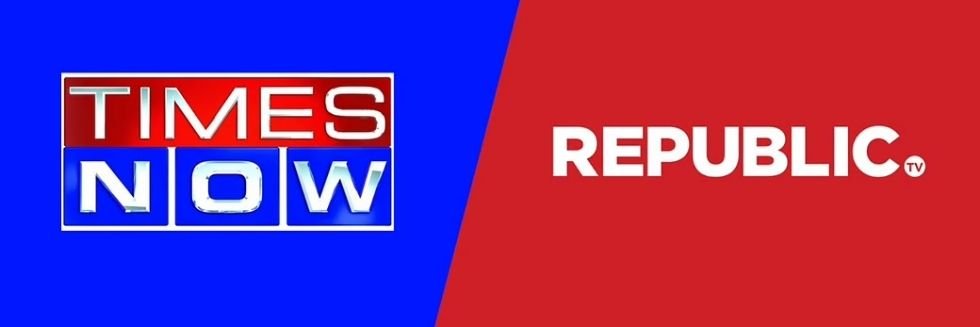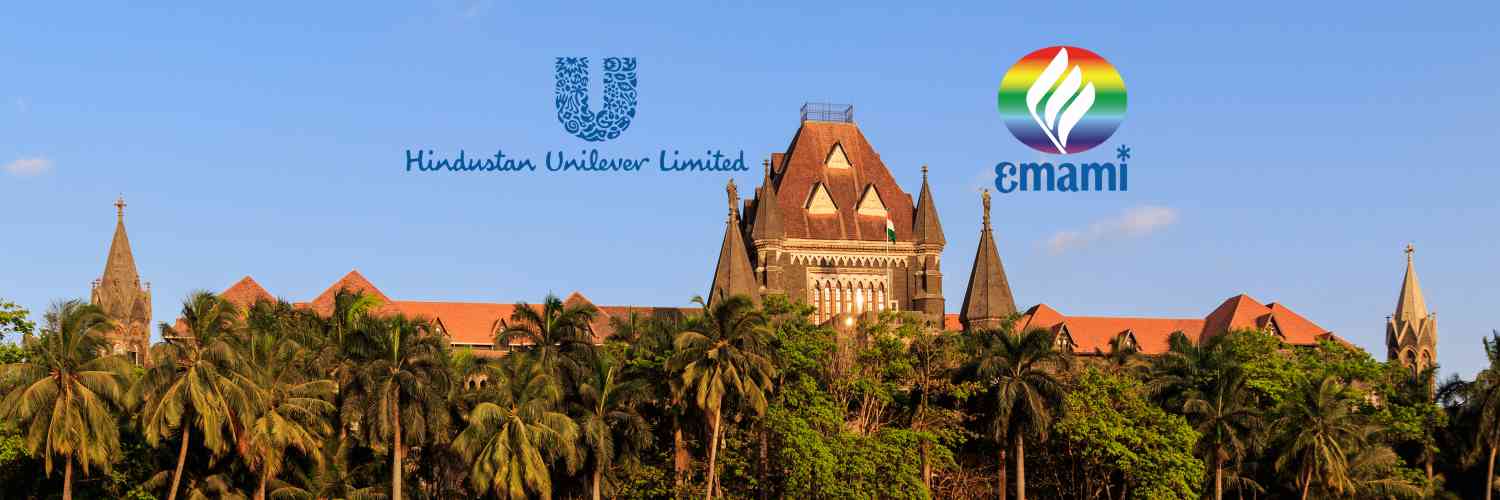In a recent development, the Andhra Pradesh High Court, presided over by Justice V Sujatha, has ruled that academic books are not subject to copyright infringement under the Copyright Act of 1957. The court’s decision touched upon various aspects of copyright law.
The case in question, Addala Sitamahalakshmi v. State of Andhra Pradesh, was brought forward by a publishing house that specializes in producing educational materials for students in the Intermediate, 11th and 12th grades of CBSE and ICSE Boards, as well as for various engineering entrance exams such as EAMCET, IIT-JEE, and AIEEE.
The publishing house challenged a Government Order (GO) issued by the Government of Andhra Pradesh. The GO mandated that private colleges must purchase books from the Telugu Akademi for intermediate education and prohibited private colleges from publishing their books. In addition to this, the publishing house filed a criminal petition under Section 482 of the Code of Criminal Procedure, 1973 (CrPC), where it was accused of violating Sections 63 and 64 of the Copyright Act, 1957.
The publishing house argued that the GO was arbitrary, unconstitutional, and infringed upon their fundamental rights under Articles 19(1)(a) (freedom of speech and expression) and 19(1)(g) (freedom to carry on trade or business) of the Constitution.
The respondent, on the other hand, claimed that the publishing house had unlawfully copied and reprinted the intermediate textbooks published by the Telugu Akademi, thereby violating the Copyright Act of 1957, and causing financial loss to the government. The respondent further contended that the publishing house had no right to print the intermediate textbooks, which were copyright-protected works of the Telugu Akademi, and that the GO was valid as it aimed to prevent piracy and protect the exclusive right of the Telugu Akademi to publish the intermediate textbooks.
The Andhra Pradesh High Court, in its verdict, noted that Copyright protects original literary, dramatic, musical, and artistic works under Section 13 of the Copyright Act, 1957. However, mathematical questions, scientific equations, and laws of nature do not qualify as “original works” and are therefore not eligible for copyright protection.
The court ruled that the books printed by the publishing house, which contain questions on mathematics, physics, chemistry, botany, and zoology for students, are considered non-literary works and are not covered under Section 13 of the Copyright Act, 1957. As a result, any allegations of copyright infringement against the publishing house would not constitute an offence under the Copyright Act, of 1957.
The court further held that even if the publishing house’s books are considered pirated copies of the respondent’s books, they would still fall under the fair use exception under Section 52 of the Copyright Act, 1957, for educational purposes for the benefit of students.
The court ordered the respondents not to interfere with the publishing house’s legitimate business of publishing books, as the books printed by the publishing house are non-literary in nature and do not attract copyright violations under the Copyright Act, of 1957. The court also quashed the criminal proceedings initiated against the publishing house for alleged copyright infringement.
The case involved Section 63 of the Copyright Act, of 1957, which deals with the offence of infringement of copyright or other rights conferred by the Act. The section stipulates that any person who knowingly infringes or abets the infringement of the copyright in a work, or any other right conferred by the Act, (except the right conferred by section 53A) shall be punishable with imprisonment for a term which shall not be less than six months but which may extend to three years and with fine which shall not be less than fifty thousand rupees but which may extend to two lakh rupees.
